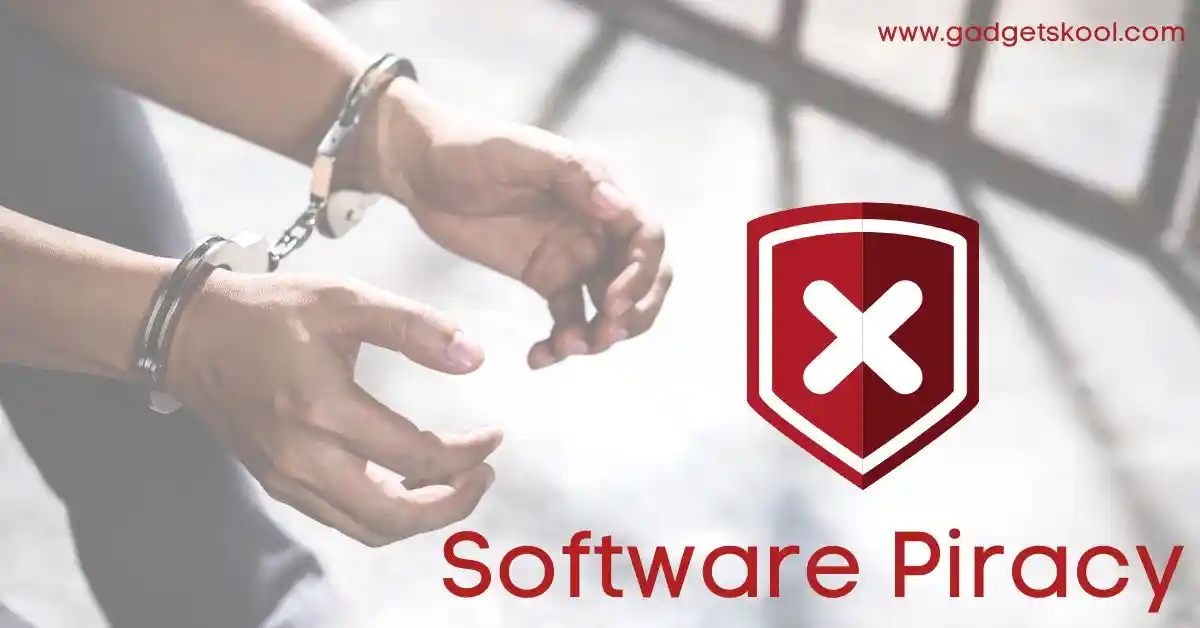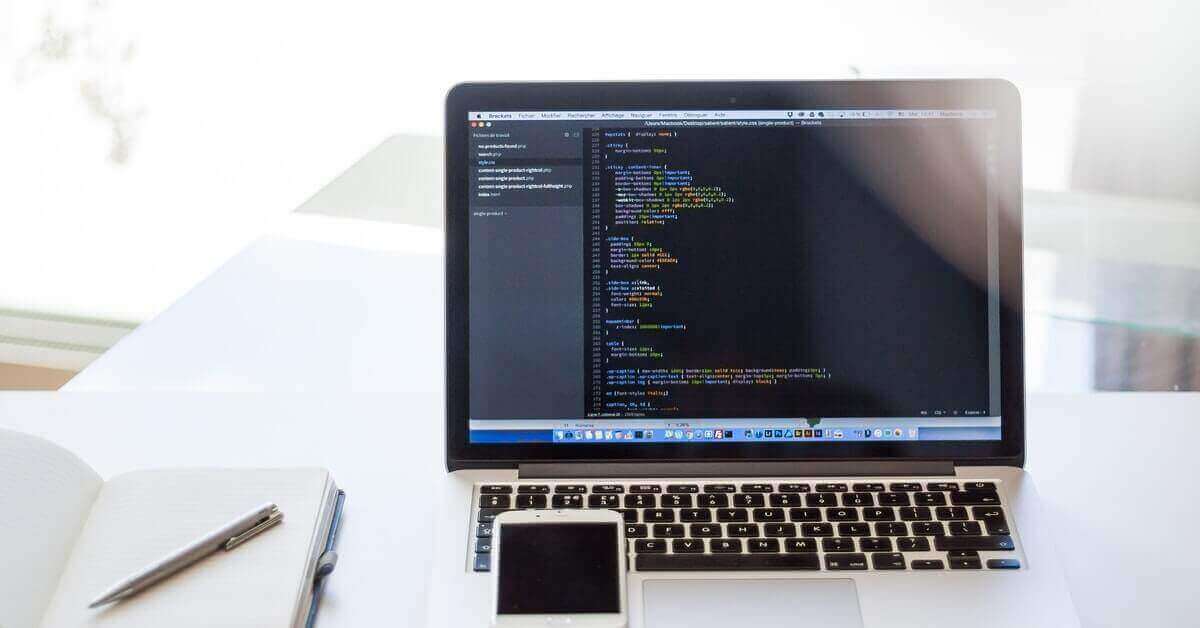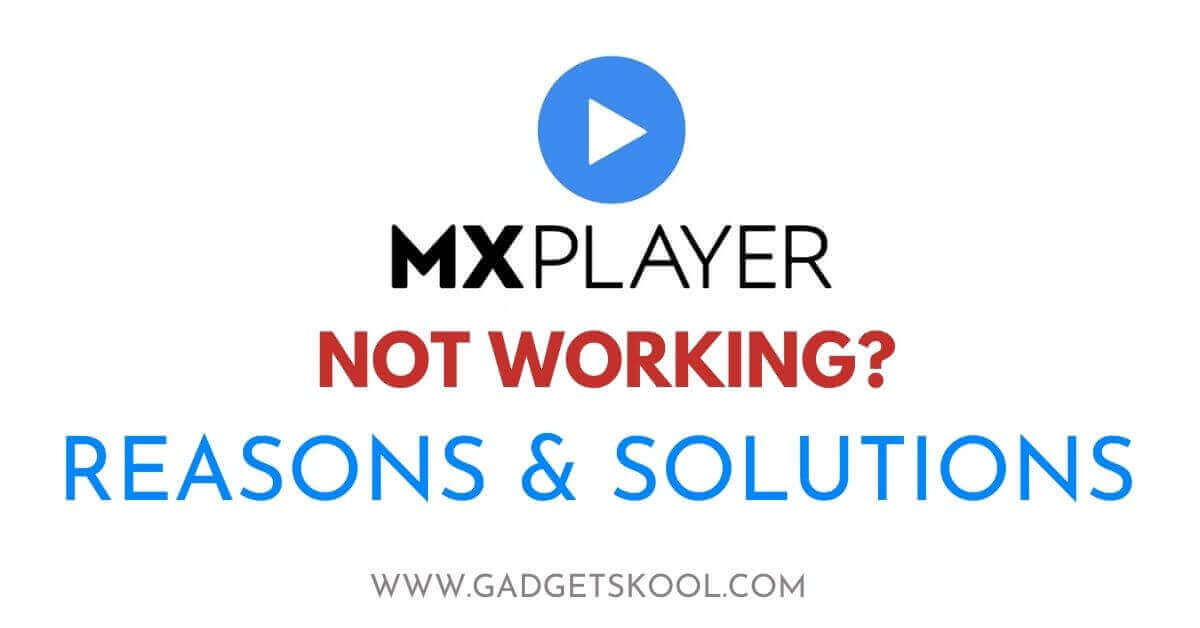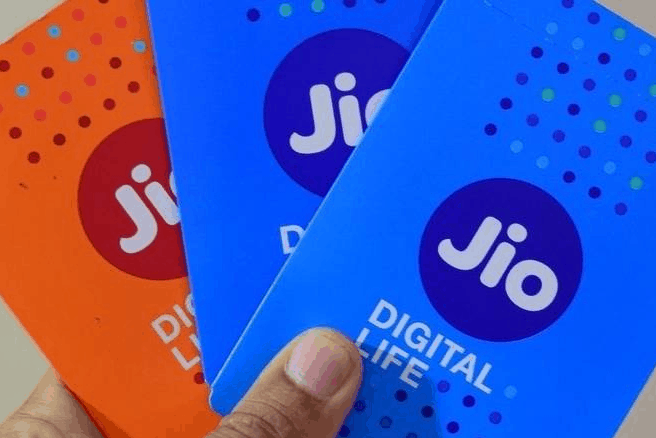Software piracy undermines the financial stability of software companies and hampers their ability to invest in research and development, stifling future innovation.
By opting for piracy, individuals disregard the effort and resources invested by creators, ultimately hindering the growth of the digital landscape.
Supporting software creators through legitimate channels, such as free trials or affordable subscriptions, is crucial for sustaining a vibrant ecosystem of innovation and ensuring that the rewards of integrity are rightfully earned.
Also Read: Best Office Hoteling Software to Try
Table of Contents
What is software piracy?
Software piracy is the unauthorized copying or distribution of copyrighted software. This includes copying, downloading, sharing, or selling pirated software.
It is a huge problem in the software industry and it costs companies billions of dollars every year. It’s a serious problem that affects software developers, publishers, and users.
Software piracy can be prevented by using proper copyright protection measures and by educating people about the importance of respecting intellectual property rights.
Note: This article is meant for educational purposes only, we neither promote nor encourage anyone to use pirated kinds of stuff by any means and if anyone is doing such illegal activities, it’s their own responsibility to face the forthcoming situations. The author or the webmaster is not responsible for such practices in any case.
Also Read: Best Bluelight Filter Software for Windows
Why is it unethical?

Software piracy is one of the most unethical business practices because it involves the illegal reproduction and distribution of copyrighted software.
This means that people who engage in software piracy are violating the intellectual property rights of the software developers and publishers.
This can have a negative impact on the software industry, as well as the economy as a whole.
Not only is software piracy unethical, but it is also illegal. If you are caught pirating software, you could be fined or even jailed.
Software piracy is a serious crime and it should not be taken lightly.
If you are using any kind of pirated software, you need to stop using it. It is not worth the risk of getting caught and facing serious penalties.
There are plenty of legal alternatives available, so there is no need of using a pirated software copy.
How does software piracy impact businesses?
Did you know, around One-Third of the World’s Software is Unlicensed! costs around $47.3 Billion Worth.
(Reports)
Software piracy is one of the most unethical business practices because it deprives businesses of revenue that they are rightfully owed.
This lost revenue can impact a business’s bottom line, and may even force them to lay off employees or make other cuts.
Additionally, software piracy can damage a company’s reputation if customers become aware that they are using pirated software.
Not only is software piracy unethical, but it can also have serious consequences for businesses.
Also Read: Benefits of AI Copywriting Tools
Solutions on how to stop software piracy

There are many ways to stop software piracy, but the most effective method is to use anti-piracy software.
This type of software prevents people from copying and distributing copyrighted material. It also allows you to track who is using your software and where it is being used.
Drawbacks of using a pirated copy of any software
There are a number of reasons why using a pirated copy of any software is unethical. For starters, it’s illegal. Not only are you breaking the law by using a pirated copy of the software, but you’re also supporting an industry that relies on stealing intellectual property.
Furthermore, pirated software is often of inferior quality. It may be buggy, full of viruses, or simply not working properly. You’re much better off paying for a legitimate copy of the software and getting the best quality product possible.
Finally, using pirated software deprives the creators of that software of revenue. If everyone used pirated copies of the software, there would be no incentive for companies to continue developing and improving their products. We’d all be stuck with old, outdated versions of programs that don’t work well.
So next time you’re tempted to use a pirated copy of the software, remember that it’s unethical, illegal, and just not a good idea. Stick to buying legitimate copies of programs and you’ll be doing your part to support the hard-working developers who create them.
How can anyone buy legit software?
There are a number of ways to buy legitimate software. You can buy it online from the developer’s website, from a physical store, or through a digital distributor such as Steam or GOG.
You can also buy used copies of some software from resellers.
What are the most pirated software programs available?
There are many pirated software programs available on the internet. However, the most popular ones are Microsoft Office, Adobe Photoshop, and Windows.
These programs are often pirated because they are expensive and people can’t afford to buy them. Additionally, some people believe that it is okay to pirate software because they don’t think it is a real crime.
How do check software if it is genuine or not?
There are a few ways that you can check to see if the software is genuine or not. One way is to check the licensing information that should come with the software.
If the software is not licensed, then it is likely not genuine. Another way to check is to contact the software company directly and inquire about the legitimacy of the software.
Finally, you can check online forums and reviews to see if others have had problems with the software in question.
Can we use a pirated copy of Windows OS?
There’s a lot of debate surrounding the ethics of software piracy, but at its core, the act of pirating software is one of the most unethical business practices out there.
Not only does it deprive creators and developers of their hard-earned income, but it also puts users at risk of malware and other security threats.
There’s no easy answer when it comes to whether or not you should use pirated software, but ultimately, it’s up to each individual to decide what they think is right.
If you do choose to pirate software, just be aware of the risks involved so that you can take steps to protect yourself.
Do pirate software programs steal user data?
Yes, pirated software programs can steal user data. If you download and install a pirated program, the pirate could potentially gain access to your personal information, including your passwords, financial data, and other sensitive information.
Additionally, pirated programs may contain malware that can infect your computer and allow the pirate to remotely control your machine or use it to commit other crimes.
Is it alright to use pirated software for personal/ home usage?
No, it is not ethical to use pirated software for any reason. Software piracy is one of the most unethical business practices because it involves stealing intellectual property.
This can lead to lost sales and revenue for the original creators, as well as decreased quality of the products overall.
Not to mention, it’s just plain wrong. If you wouldn’t steal a car or a purse, don’t steal software.
How can one individual user contribute to stopping software piracy?
There are a few things individual users can do to help stop software piracy.
- First, only buy software from legitimate sources.
- Second, if you know someone who is using pirated software, tell them it is illegal and encourage them to buy a legal copy.
- Finally, if you find software available for free online, make sure it is from a reputable source before downloading it.
By taking these simple steps, you can help stop software piracy and make the world a little bit more ethical.
What are the popular websites that distribute pirated software copies?
Websites that distribute pirated copies of software are very popular, and there are many of them. Some of the most popular ones include The Pirate Bay, KickassTorrents, and ExtraTorrent.
These websites allow users to download copies of software that have been cracked, or illegally copied, and they often have a lot of files available for download.
This means that people who want to use pirated software can find it easily and for free. This is one of the reasons why software piracy is such a problem.
How widespread is software piracy?
Software piracy is a significant global issue. While it is challenging to estimate the exact extent of piracy, various studies and reports suggest that it remains prevalent in many regions and industries.
The widespread availability of pirated software through online platforms and unauthorized distribution channels contributes to its continued presence.
What are the potential risks of using pirated software?
Using pirated software exposes users to several risks. pirated software often lacks proper updates and security patches, leaving users vulnerable to malware, viruses, or cyber attacks.
Can software piracy be justified under certain circumstances?
While some individuals may try to justify software piracy under certain circumstances, such as limited financial means or unavailability of legal alternatives, it is important to remember that piracy remains illegal and unethical.
Engaging in piracy does not provide a legitimate solution to these challenges.
Instead, it is advisable to explore alternative options, such as open-source software or affordable licensing models, which allow users to access software legally without resorting to piracy.
What role do governments and organizations play in combating software piracy?
Governments and organizations play a vital role in combating software piracy. They can enforce copyright laws, implement stricter penalties for piracy, and conduct awareness campaigns to educate the public about the consequences of piracy.
Additionally, collaborations between software companies, industry associations, and law enforcement agencies can help in tracking down and prosecuting individuals and organizations involved in piracy.
Can software companies protect their products from piracy?
Software companies employ various measures to protect their products from piracy. These include implementing licensing systems, digital rights management (DRM) technologies, and encryption methods.
However, determined pirates may find ways to circumvent these measures.
Therefore, companies often combine technological safeguards with legal actions, such as pursuing legal remedies against individuals or organizations engaged in piracy, to protect their software and intellectual property.
How does software piracy affect consumers in the long run?
In the long run, software piracy can have negative consequences for consumers. As software companies face financial losses due to piracy, they may reduce investments in research and development, resulting in fewer innovative products and slower advancements in technology.
Furthermore, the decreased availability of legitimate software options may limit consumer choice, making it harder to access high-quality, well-supported software in the market.
Ultimately, consumers may suffer from a lack of reliable updates, security patches, and customer support when relying on pirated software.
Final Words:
When it comes to software piracy, there are a lot of different opinions out there. Some people think it’s a minor issue, while others believe it’s one of the most unethical business practices around.
But, no matter what your opinion is, there’s no denying that software piracy is a major problem in the tech industry.
There are a few things that you can do to help combat software piracy. First, make sure that you’re only using legal software.
If you do pirate software, be sure to destroy any copies that you have and don’t give them to anyone else. Finally, spread the word about the dangers of software piracy.
The more people that are aware of the issue, the better chance we have of stopping it.
| Visit Home page: 👉 | Click Here |
| Follow us on Instagram: 👉 | Click Here |
| Subscribe on YouTube: 👉 | Click Here |
| Join our (New)Telegram Channel: 👉 | Click Here |
| Connect with us on Twitter: 👉 | Click Here |
✪ Please Bookmark our website to receive the most useful updates, regularly for free. Press (Ctrl+D) now, to Bookmark instantly. @: gadgetskool.com







I see people on Youtube promoting pirated software and telling others “that pirated software doesn’t hurt anyone and it’s perfectly okay to do it because it’s not against the law” and “How people would never be gamers if it weren’t for pirated software”. I’ve tried convincing these peopel that it’s still illegal,and that they could wind up with a hefty fine or even in prison,but sadly,those people refuse to listen.